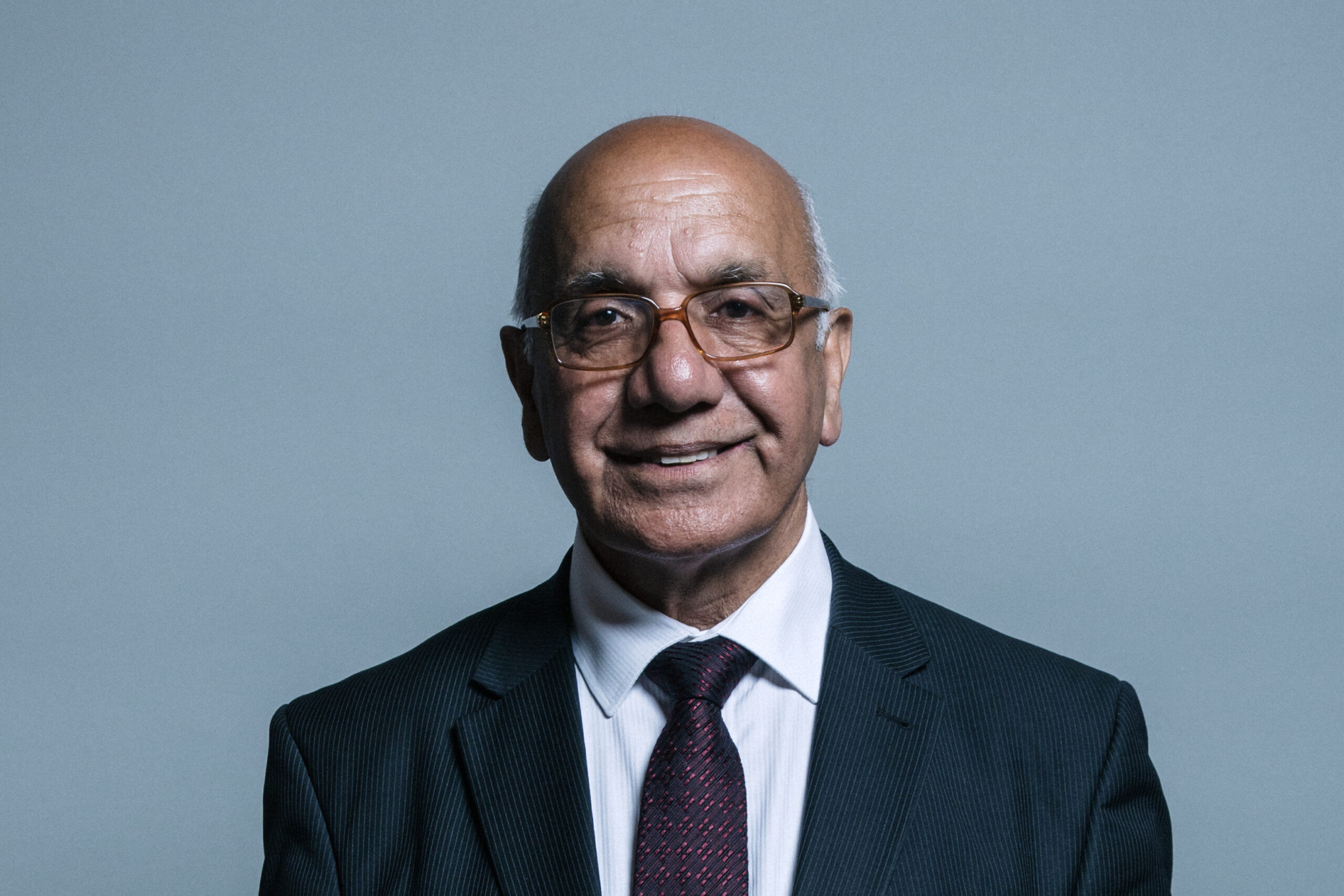The youth of today have grown up in a time like no other, their childhoods dominated by a pandemic, austerity, and an increasingly polarised world. And so it is no surprise that as of 2023, over half a million under 25s are prescribed antidepressants, that 34% of Generation Z require sick leave due to mental health problems, and 1 in 5 6–18-year-olds have mental disorders. And for children with special educational needs and disabilities (SEND) and their parents, the challenges are even greater as the infrastructure required to support these families is on its knees.
Over 1.3 million in England have special educational needs and disabilities, yet only 360,000 have an EHCP (education, health and care plan) arranged by their local authority. Though the government promises to complete EHCP applications and special school referrals in a 20-week window, just under half were completed within this timeframe, with some children waiting up to two years.
The allocation of funding to schools and services for SEND and mental health support must be urgently reviewed. For example, schools received £6,000 of funding to cover the cost of student support and should receive additional council funding to cover anything over this threshold. However, whilst the government dumped responsibility for these SEND students onto the council, it did not, in turn, provide an adequate rise in funding to cover the £8,000 increase in costs to hire SEND trained staff.
Thanks to the last 14 years of chronic underfunding by the Conservative government in my constituency of Ealing Southall, the lack of available services for children with SEND and those struggling with their mental health mean that this national crisis is further exacerbated. 14.2% of schoolchildren in Ealing have SEND, which is over 7,000 pupils. Our schools do not have the resources they need to ensure the highest possible quality of education and care for these thousands of pupils. I recently held a Youth Forum event, and some issues raised by my young constituents were extremely concerning. From months spent waiting for GP referrals, to youth workers worries about cuts to vital services, the young people of Ealing Southall clearly feel that they do not have the support that they desperately need. The stigma surrounding mental health especially in BAME communities further complicates matters, discouraging individuals from seeking help and perpetuating a culture of silence and shame. Education and awareness initiatives are crucial in combating this stigma, yet government efforts in this regard have been inconsistent and insufficient.
To address these systemic failures, there must be a concerted effort from the government to prioritise mental health funding, streamline services, and promote collaboration among stakeholders. Additionally, there must be a focus on early intervention and prevention strategies to mitigate the long-term impact of mental health issues on individuals and society as a whole.
Without significant changes, vulnerable individuals will continue to suffer. By recruiting thousands more staff, introducing specialist mental health support for children and young people in every school and delivering an open access children and young people’s mental health hub for every community – paid for by abolishing tax loopholes for private equity fund managers and tax breaks for private schools – we can focus on prevention and ensure an end to the mental health crisis. This country is facing more challenges than ever before, and budgets are already stretched, but it is imperative that the government must prioritise the mental health of our children and safeguard our future.


